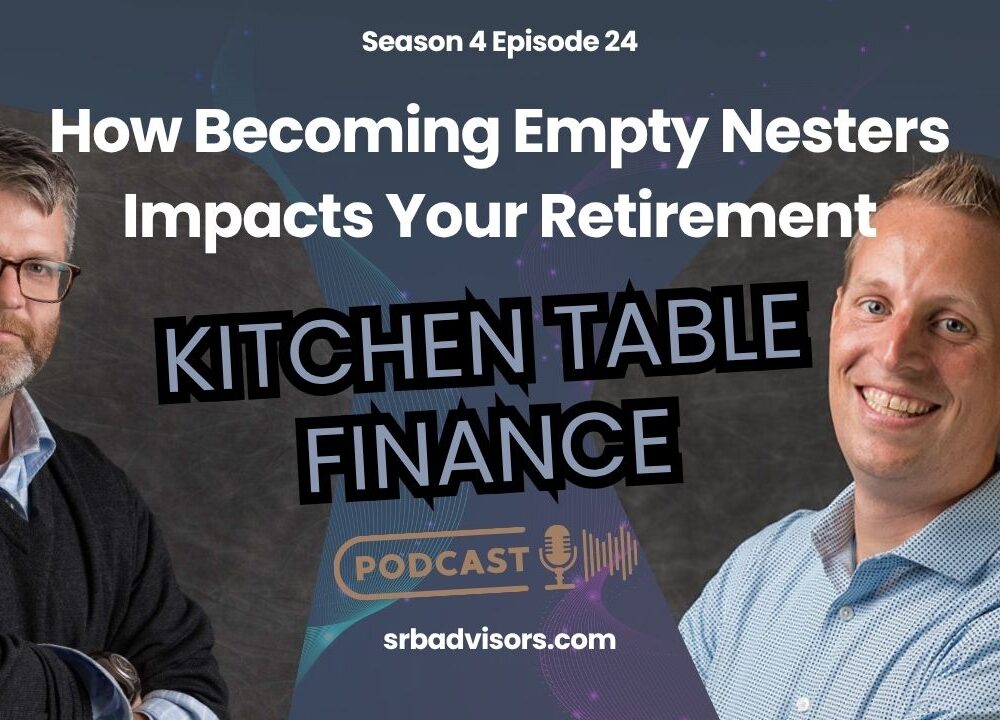What to do with Stimulus Money

Podcast: Play in new window | Download
Lately, we’ve had a few discussions with clients centered around their stimulus money and what they should do with it. While most people expect a pretty cut and dry answer from financial planners, these conversations have led to some interesting philosophical discussions around why the stimulus checks were necessary, whether they were deserved or needed, and different ways the funds can be used for their intended purpose.
Why do we get stimulus money?
The government had two main goals in issuing direct stimulus checks. First, many families are truly struggling right now as the Covid 19 Pandemic continues to disrupt the economy. Those families need the funds to pay bills and avoid dire financial outcomes.
The second reason the government issued stimulus checks was, as the name implies, to stimulate the economy by giving families extra spending power. Together, these two reasons imply that the expectation is that recipients would either spend the money because they had to spend it or would spend the money because they could spend it.
How did people actually spend it?
Researchers from the Federal Reserve of New York studied how Americans used the first round of stimulus payments last year. They also conducted a survey in the Fall of 2020 to determine how people intended to use a future round of payments.
The study found that:
- 24% of people used the money for essential spending
- 7% was used for non-essential purchases
- The remaining people polled used the money to either pay down debt or augment savings.
Despite so little of the payments being spent directly, the effect on the economy was still beneficial.
Additional Options for Spending Stimulus Money
If you don’t need the money…
Some people we’ve spoken with who were fortunate enough to not NEED the stimulus checks have expressed almost a sense of guilt on receiving the funds. At the same time they don’t have anything they really want to buy because, at this point, we’re still limited in travel and social interaction. If you fall into this group, one option is to donate the stimulus funds to a charity that will use the money to provide relief for those who do need the funds, such as a local food bank. A recent tax law change allows $300 of above-the-line charitable deductions for individuals and $600 for couples, so this approach has tax advantages as well.
The next option is to save the stimulus money if you don’t need it. This means you won’t be helping to stimulate the economy right now, but it does have positive effects for the future, both for the economy and you as a part of that economy. Other options include:
- boost your emergency fund
- save for a short–term goal
- invest it for a long–term goal like retirement
- pay down debt, which frees up future cash-flow for spending
As always, the right choice depends on your values and your current financial situation. Think through the options and do what is best for you and your family. As the researchers from the New York Federal Reserve pointed out, even if most of the money goes into savings, the effect on the economy is still positive.
About Shotwell Rutter Baer
Shotwell Rutter Baer is proud to be an independent, fee-only registered investment advisory firm. This means that we are only compensated by our clients for our knowledge and guidance — not from commissions by selling financial products. Our only motivation is to help you achieve financial freedom and peace of mind. By structuring our business this way we believe that many of the conflicts of interest that plague the financial services industry are eliminated. We work for our clients, period.
Click here to learn about the Strategic Reliable Blueprint, our financial plan process for your future.
Call us at 517-321-4832 for financial and retirement investing advice.
Share post:
